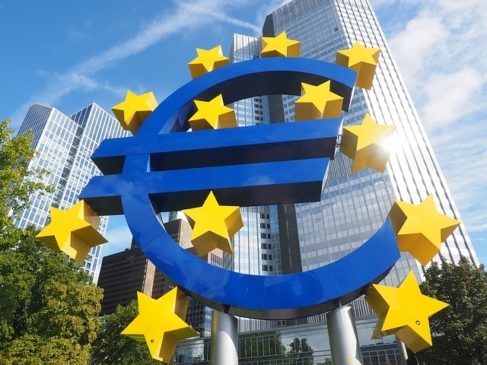- Beneath the exchange-traded products and the islands of crypto innovation in cities like Berlin and Tallinn lies a continent that has an at best uneasy relationship with digital assets.
- The European Union remains concerned that criminal organizations and terrorists can exploit the anonymity of cryptocurrencies to use them for nefarious purposes and to obfuscate fund flows.
Considering the number of cryptocurrency-linked investment products listed on European stock exchanges, and one could be misled into thinking that the European Union has declared open season on the nascent asset class.
But beneath the exchange-traded products and the islands of crypto innovation in cities like Berlin and Tallinn lies a continent that has an at best uneasy relationship with digital assets.
Speaking at the Munich Security Conference last Friday, the EU Commissioner for Home Affairs, Ylva Johansson said of cryptocurrencies,
“I’m not uncomfortable with digital currencies but we need to regulate them in a proper way.”
The European Union remains concerned that criminal organizations and terrorists can exploit the anonymity of cryptocurrencies to use them for nefarious purposes and to obfuscate fund flows.
Johansson’s statement reflects the increasingly divergent approaches of major economies towards cryptocurrencies, with the U.S. pursuing one of cautious curiosity and China adopting an all-out ban.
Last week, one of the world’s largest asset managers, Fidelity, launched a physically-backed Bitcoin exchange traded product listed on Frankfurt’s Xetra exchange and will also start trading on Zurich’s SIX Swiss Exchange in the coming weeks.
Fidelity’s move was in response to a growing demand for digital assets among European investors. And comes three months after Invesco brought its own Bitcoin ETP to the market.
There has been a growing willingness by large asset managers to enter the cryptocurrency arena, including from Blackrock (-0.85%), the world’s biggest asset manager.
Fees for these institutional-grade Bitcoin products however remain much higher than for traditional instruments, and the Fidelity product has ongoing charges of 0.75%.
And although the Fidelity Bitcoin ETP launched with just US$6 million of assets, this could be just the start as a recent survey conducted by Fidelity Digital Assets revealed that 70% of institutional investors expect to buy or invest in digital assets in the “near future.”
Over 90% of the respondents to the Fidelity survey also said they were interested in digital assets and expected to have an allocation to the asset class within the next five years.



